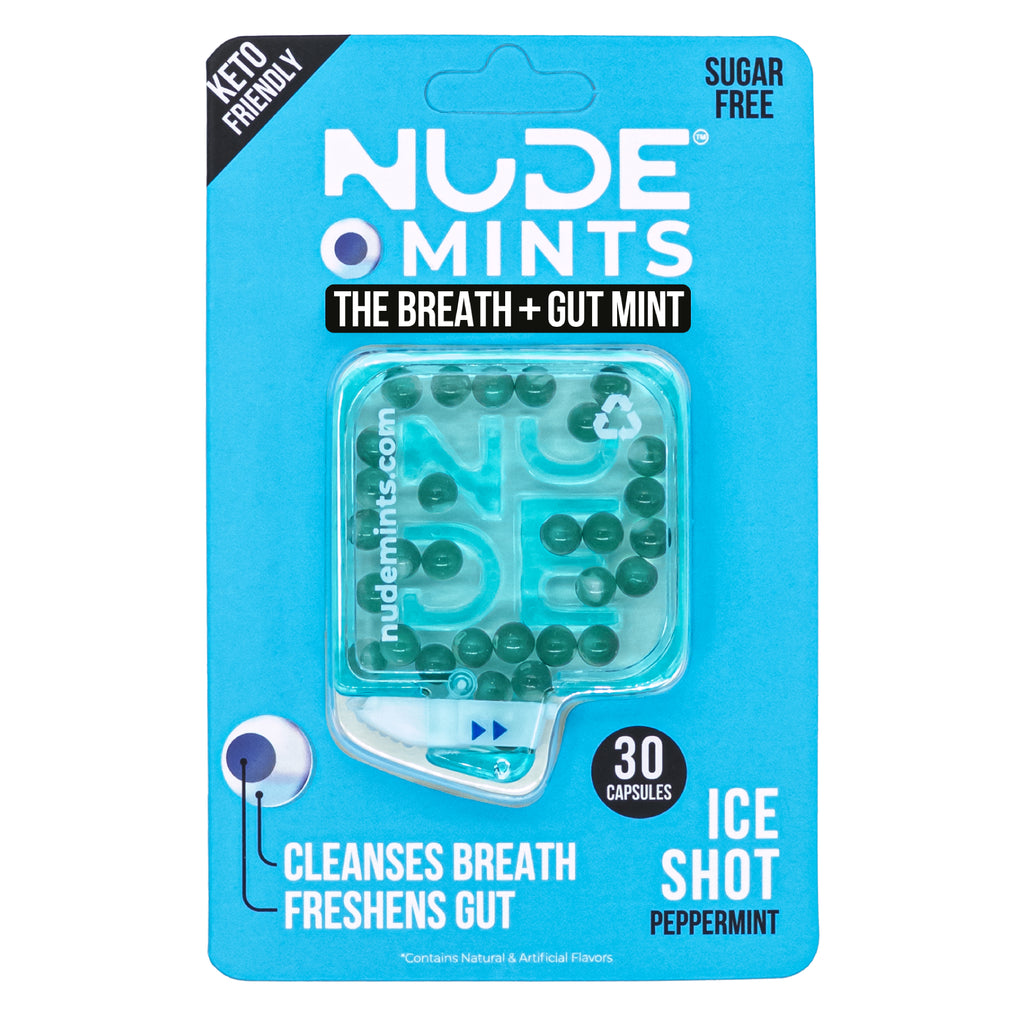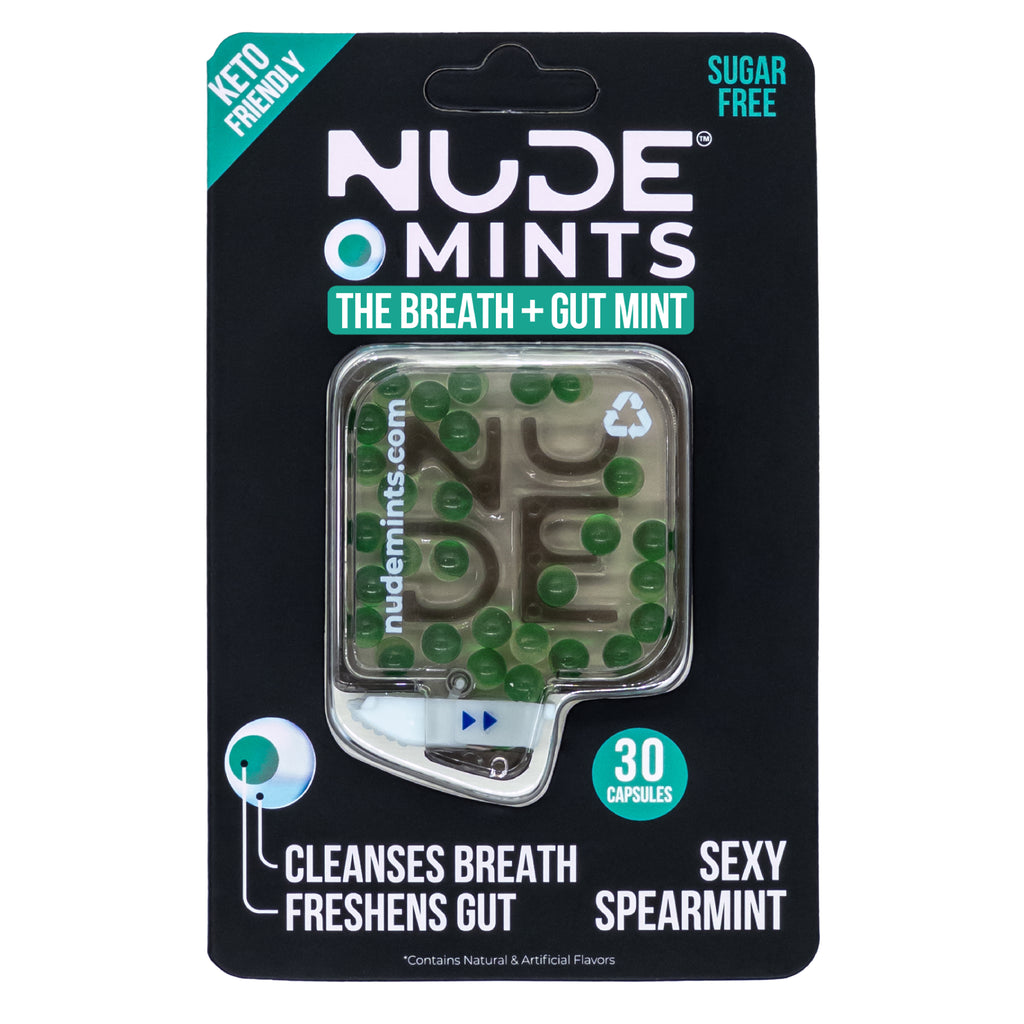The Impact of Stress on Bad Breath: Managing Anxiety and Reducing Bad Breath
-
Everyone experiences stress at some point in their life. Stress can have a profound impact on your overall health, including your oral health. One of the most common oral health problems associated with stress is bad breath. This article will explore the connection between stress and bad breath and provide practical tips for managing anxiety and reducing bad breath.
Understanding Bad Breath
Bad breath, also known as halitosis, is a common problem that affects millions of people worldwide. It is often caused by bacteria that build up in the mouth, resulting in an unpleasant odor. While bad breath can be caused by a variety of factors, stress is one of the most common triggers.
The Link Between Stress and Bad Breath
Stress can cause a variety of physical and emotional symptoms, including increased heart rate, high blood pressure, and anxiety. These symptoms can cause a decrease in saliva production, which can result in dry mouth. A dry mouth provides an ideal environment for the growth of bacteria, which can cause bad breath.
The Role of Anxiety
Anxiety is a common symptom of stress that can also contribute to bad breath. When you are anxious, you may breathe through your mouth instead of your nose, which can dry out your mouth and lead to bad breath. In addition, anxiety can cause you to produce more acid in your stomach, which can lead to acid reflux. Acid reflux can cause bad breath by introducing stomach acid into the mouth, which can cause an unpleasant odor.

Managing Stress and Bad Breath
Fortunately, there are several steps you can take to manage stress and reduce bad breath.
Practice Good Oral Hygiene
One of the most effective ways to reduce bad breath is to practice good oral hygiene. Brush your teeth twice a day, floss once a day, and use mouthwash regularly. This will help remove bacteria from your mouth and reduce the risk of bad breath.
Drink Plenty of Water
Drinking plenty of water can help keep your mouth moist and reduce the growth of bacteria. Aim to drink at least eight glasses of water a day to stay hydrated and reduce bad breath.
Exercise Regularly
Exercise is a great way to reduce stress and improve your overall health. Regular exercise can help reduce anxiety and improve your mood, which can help reduce the risk of bad breath.
Practice Mindfulness Techniques
Mindfulness techniques such as meditation, deep breathing, and yoga can help reduce stress and anxiety. These techniques can help you stay calm and relaxed, which can reduce the risk of bad breath.
Seek Professional Help
If you are struggling with stress and anxiety, it may be helpful to seek professional help. A therapist or counselor can provide you with tools and strategies to manage stress and anxiety, which can help reduce the risk of bad breath.
Conclusion
In conclusion, managing stress can have a significant impact on reducing bad breath. By incorporating stress-reducing activities such as exercise, meditation, or therapy, individuals may notice an improvement in their oral hygiene and overall well-being. In addition, using products such as mouthwash, gum, or Nude Mints can help freshen breath on-the-go. It's essential to prioritize both physical and mental health to achieve optimal oral health, and Nude Mints can be a useful tool in maintaining fresh breath while managing stress.
FAQs
Q: Can stress cause bad breath?
Yes, stress can cause bad breath by reducing saliva production and contributing to dry mouth, which provides an ideal environment for the growth of bacteria.
Q: How can I reduce bad breath?
You can reduce bad breath by practicing good oral hygiene, drinking plenty of water, exercising regularly, practicing mindfulness techniques, and seeking professional help if necessary.
Q: Is bad breath a sign of a more serious health problem?
Bad breath can be a sign of a more serious health problem, such as gum disease, oral cancer, or acid reflux. If you are concerned about your bad breath, it is important to see a dentist or doctor.
Looking for a refreshing way to freshen your breath without the harsh chemicals and artificial flavors? Look no further than Nude Mints! These mints provide a clean and fresh taste that you can feel good about. Whether you're on-the-go or just need a quick pick-me-up, Nude Mints are the perfect choice. Try them today and experience the difference for yourself! Don't wait, order now and enjoy the refreshing taste of Nude Mints!
Get the freshest news on your favorite mouth cleanser and gut freshener!
Read More
-
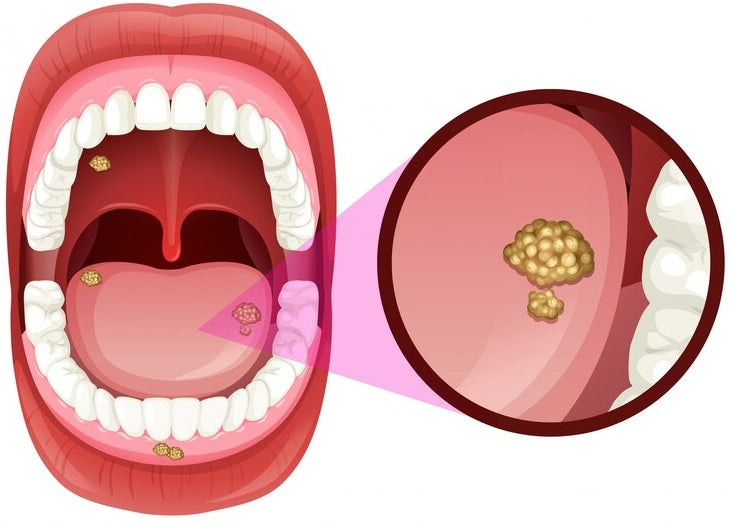
Halitosis: Understanding the Causes, Diagnosis, and Treatment for Fresh Breath
Halitosis, commonly known as bad breath, is a condition that affects a large number of people worldwide. It can be an embarrassing and isolating experience, but it is important to know that it is a common problem and that there are effective treatments available. In this article, we will discuss the causes, diagnosis, and treatment of halitosis. Causes of Halitosis Halitosis can have several causes, both internal and external. The most common causes include poor oral hygiene, dry mouth, certain foods and drinks, smoking, and certain medical conditions. Poor Oral Hygiene Poor oral hygiene is the most common cause of halitosis. When food particles and bacteria build up in the mouth, they can cause an unpleasant odor. Brushing and flossing...
-
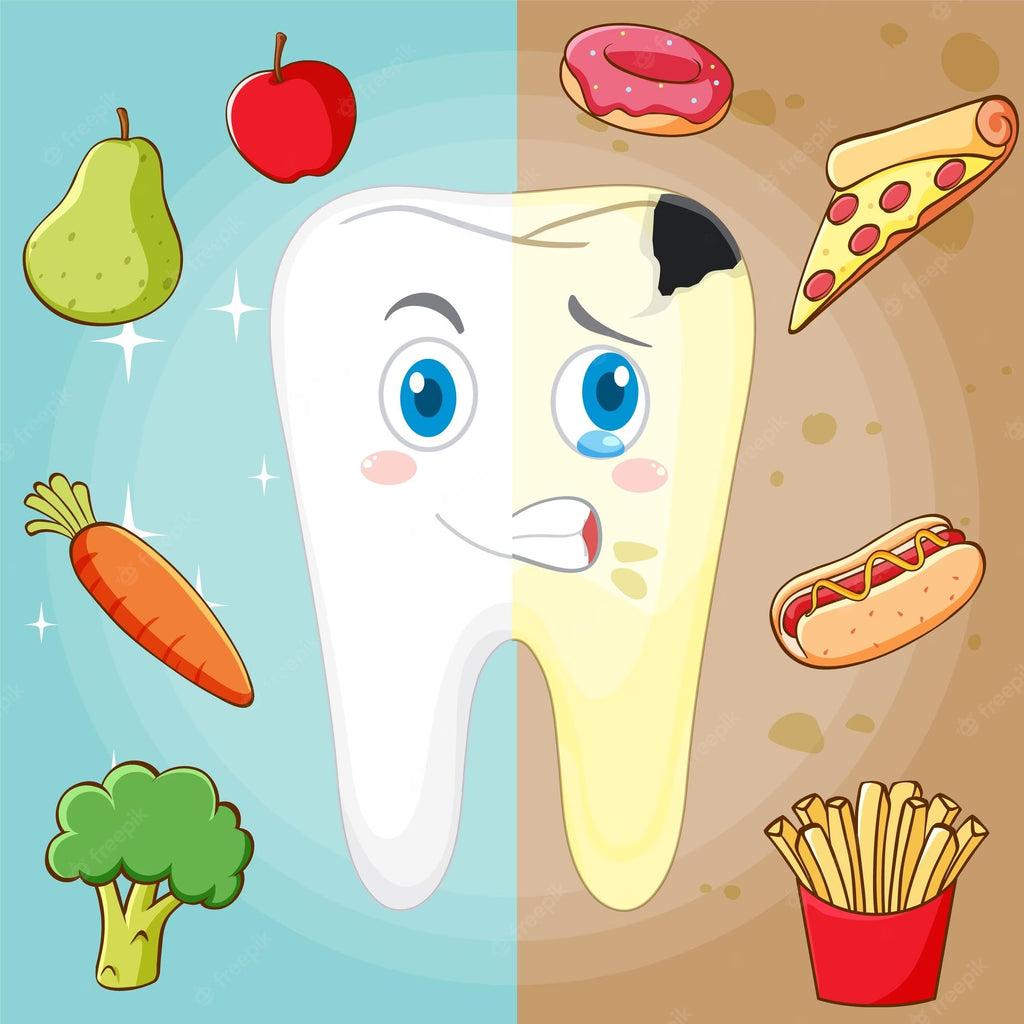
Crucial Connection Between Nutrition and Oral Health: Guide for Better Dental Care
As a dental health professional, we understand the importance of maintaining good oral hygiene to prevent cavities and gum disease. Brushing twice a day and flossing daily are essential habits, but did you know that nutrition also plays a crucial role in keeping your mouth healthy? In this article, we will explore the connection between nutrition and oral health and how you can make better food choices to support your dental health. How Nutrition Affects Oral Health Your diet can impact your oral health in many ways. A diet high in sugary and acidic foods can increase the risk of tooth decay and gum disease. When you eat sugary foods, the bacteria in your mouth feed on the sugar and...
-
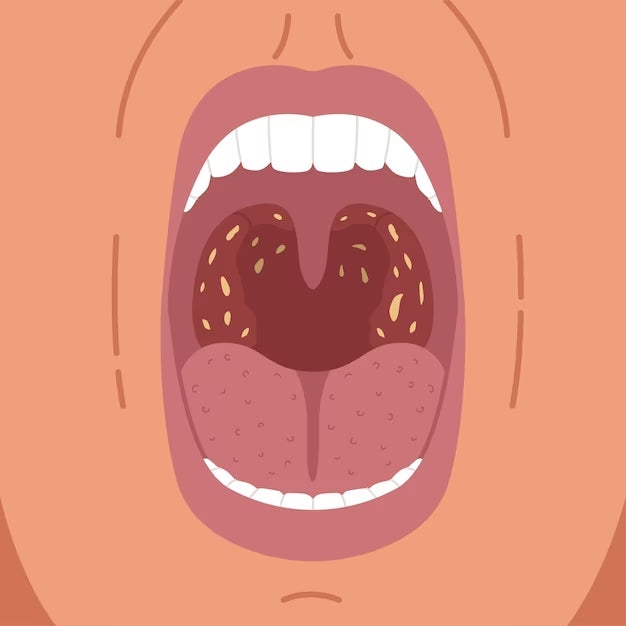
How to Treat Bad Breath Caused by Dry Mouth
Do you ever feel self-conscious about your breath? Do people avoid talking to you because of bad breath? Dry mouth, also known as xerostomia, can cause bad breath and make social interactions uncomfortable. In this article, we will discuss what causes dry mouth, how it leads to bad breath, and what you can do to treat it. Table of Contents What is dry mouth? Causes of dry mouth How dry mouth causes bad breath Signs and symptoms of dry mouth Diagnosis of dry mouth Treating dry mouth Home remedies for dry mouth Professional treatments for dry mouth Tips for maintaining oral hygiene Foods and drinks to avoid with dry mouth Conclusion FAQs What is dry mouth? Dry mouth occurs when...
-
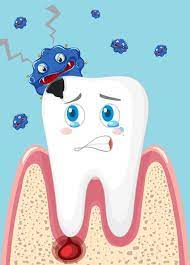
The Relationship Between Diabetes and Gum Disease: Understanding the Link
Diabetes and gum disease are two conditions that may seem unrelated, but research has shown that they are actually closely linked. In fact, individuals with diabetes are more likely to develop gum disease, and those with gum disease are more likely to have difficulty controlling their blood sugar levels. This article will explore the connection between diabetes and gum disease, and provide insights on how you can reduce your risk of developing both. The Relationship Between Diabetes and Gum Disease Diabetes is a condition that affects the body's ability to produce or respond to insulin, a hormone that regulates blood sugar levels. When blood sugar levels are consistently high, it can lead to a range of health complications, including nerve...

